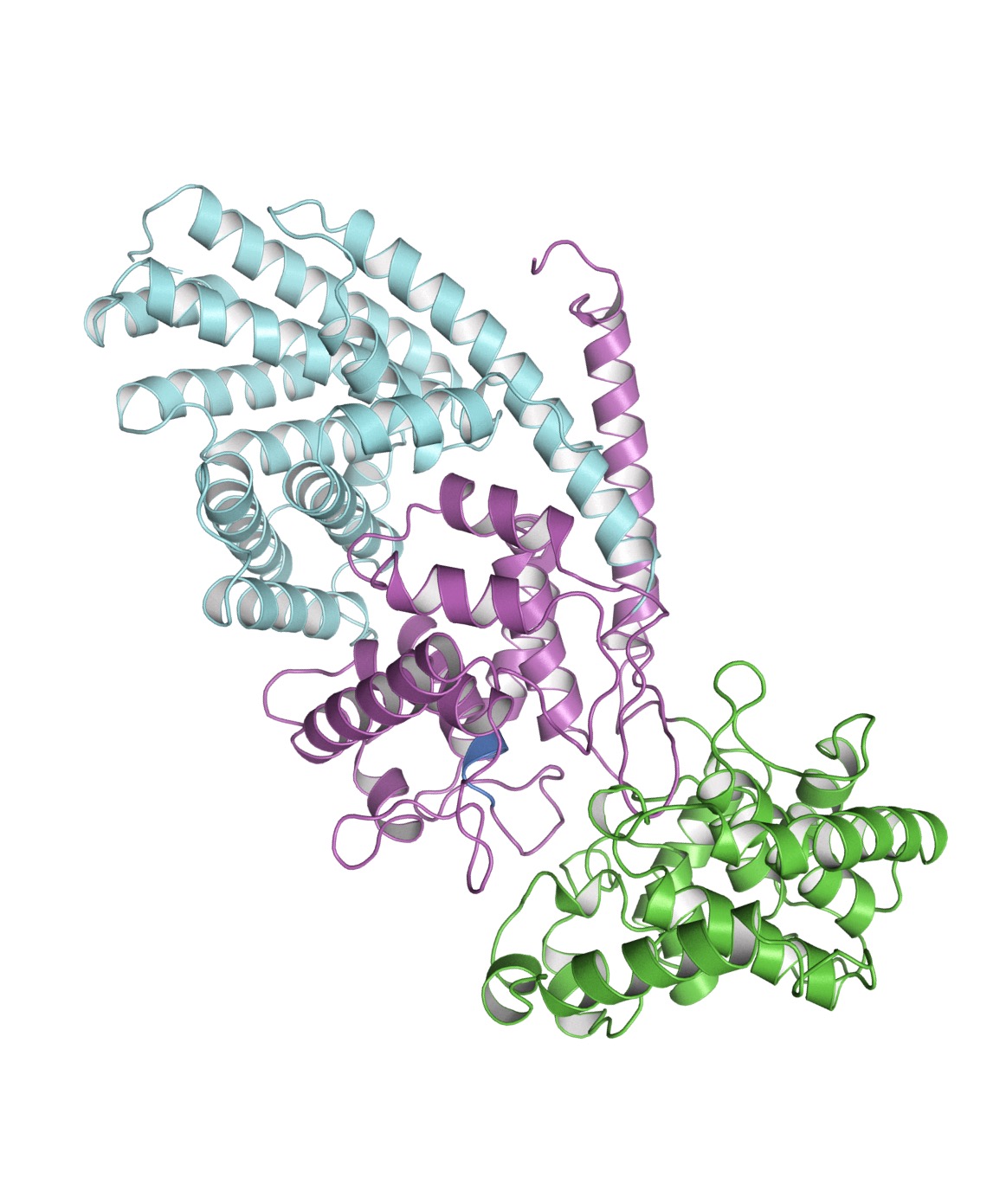Plants are chemical factories that sustain life on earth. Understanding how plant metabolism functions and evolves is a central question in biology. Plants produce an astonishing array of biologically active small molecule metabolites that mediate growth and development and enable plants to interact with other organisms and adaptation to their environment. Many of these metabolites also serve as important bioproducts in our everyday modern life. A deeper understanding of how these metabolites are formed and function is fundamental to addressing major global challenges related to agriculture, food safety, bioenergy, and healthcare.
Terpenoids (isoprenoids) are the most diverse class of metabolites, comprising more than 80,000 compounds distributed across all kingdoms of life. In plants, broadly conserved terpenoids, such as gibberellin hormones and the phytol side chain of chlorophyll, play key roles in growth and development. However, most terpenoids are specialized metabolites that often occur in only certain plant species or families and have various functions in mediating various defensive and cooperative interactions with other organisms and the environment. Many terpenoids are also important bioproducts of everyday modern life, including pharmaceuticals, flavors, fragrances, biofuels, and more. Our research integrates functional genomics, metabolomics, biochemical, protein structure-function and genetic tools to decode the biosynthesis, diversity, and biological functions of terpenoid metabolic networks in food, bioenergy and medicinal plants. Our overarching goal is to harness these fundamental insights to develop innovative strategies for improving crop traits and advance terpenoid bioproduct engineering.








